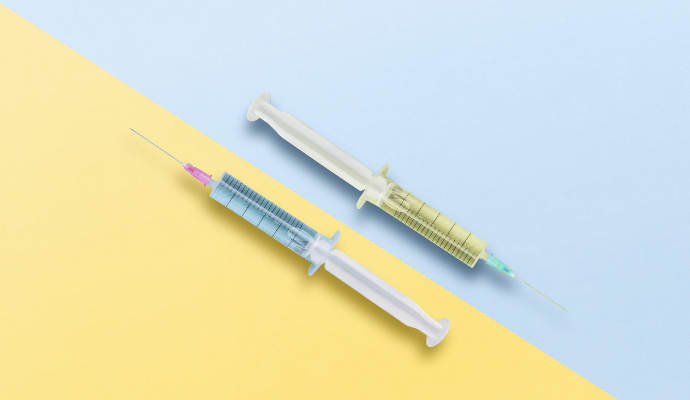
@ShahidNShah


As COVID-19 vaccines have become more accessible, vaccine enthusiasm has plateaued. The communication guide aims to help physicians increase vaccine adherence through effective patient-provider communication practices.
Physicians can communicate these messages during appointments as well as virtually through social media posts and emails, the authors noted.
Increasing vaccine confidence also requires that physicians address concerns about the vaccine’s rapid development and side effects.
Another way to highlight the merit of COVID-19 vaccines is to note that “while the vaccines were developed quickly, they weren’t created from scratch. Researchers have been studying and working with mRNA vaccines (Pfizer and Moderna) for decades, and scientists began creating viral vectors (Johnson & Johnson) in the 1970s,” the resource suggested.
Lastly, the guide authors recommended that physicians consider sending a letter or email to their patients expressing concern for their health and providing them with facts and additional resources.
Continue reading at patientengagementhit.com
Telehealth continues to play a critical role in health care delivery amid COVID-19. In a prior post, we described how policy makers can maximize the benefits of telehealth by featuring it prominently …
Connecting innovation decision makers to authoritative information, institutions, people and insights.
Medigy accurately delivers healthcare and technology information, news and insight from around the world.
Medigy surfaces the world's best crowdsourced health tech offerings with social interactions and peer reviews.
© 2025 Netspective Foundation, Inc. All Rights Reserved.
Built on Apr 28, 2025 at 12:52pm